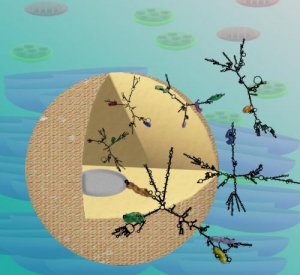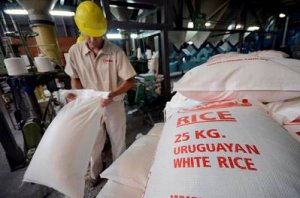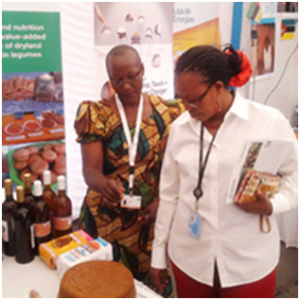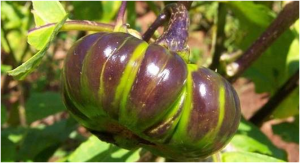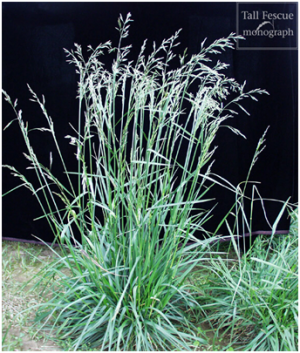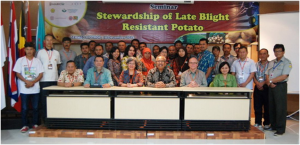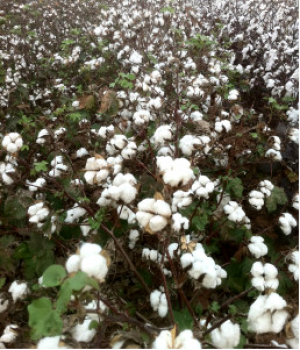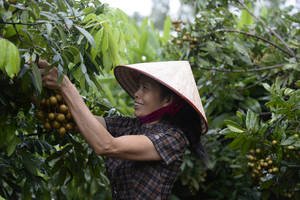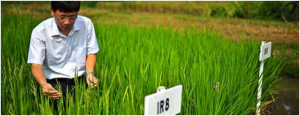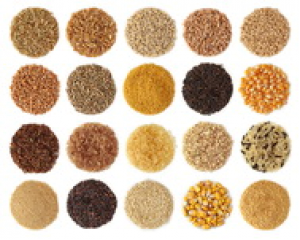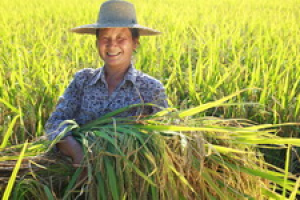International plant health body adopts new global standards
(28).png)
Figure: Agricultural produce on the move in the port of Dar Es Salaam.
FAO 13 April 2017, Incheon, Republic of Korea/Rome - The international body that oversees plant health has taken a big step forward with the adoption of a new global standard to help ensure that the international trade in plants and seeds, while very profitable, is also safer.
The International Plant Protection Convention (IPPC)'s governing body, the Commission on Phytosanitary Measures (CPM) adopted the standard during its 12th session in Incheon, South Korea, which wrapped up today.
In this globalized world, food and agricultural products are continuously on the move. Ships are constantly underway from port to port, each year ferrying more than 500 million large steel containers filled with all kinds of cargo to and from all corners of the planet.
Unfortunately, that cargo can sometimes hide stowaways - agricultural pests that once on shore can devastate crops - from gypsy moths to giant African snails to Argentine ants. The rapid growth in agricultural trade via online marketplaces is aggravating the situation, making it harder for countries to ensure that all shipments - big or small - are free from bugs and diseases.
And of particular concern is the threat of pest transmission posed by seeds. Unlike other agricultural products that are destined for consumption, such as wheat, barley or lentils, seeds are a cause for greater concern - being destined for planting, there is a greater risk that any pests they carry could establish themselves and spread after planting.
Addressing these risks presents a highly complex task.
Seed companies often operate breeding programmes in multiple countries so they can produce more than one crop each season. These seeds are then shipped to all corners of the globe for cleaning, treating, testing, and packaging prior to being sold and shipped again - sometimes after being in storage for long periods of time. Their final destination may not be known at the time of export from the country of origin.
All of this makes it very difficult -- if not impossible -- to take into account all possible phytosanitary import requirements of the countries that will eventually import the seeds.
By proposing standard approaches to risk assessment and testing, the new standard will help harmonize how countries deal with the complexities of the international seed trade, thereby facilitating trade in seeds -- valued at some $US 12 billion annually -- while ensuring such shipments safeguard food supplies for a growing global population.
See more: http://www.fao.org/news/story/en/item/880757/icode/
|
[ Other News ]___________________________________________________
|


 Curently online :
Curently online :
 Total visitors :
Total visitors :
(28).png)
